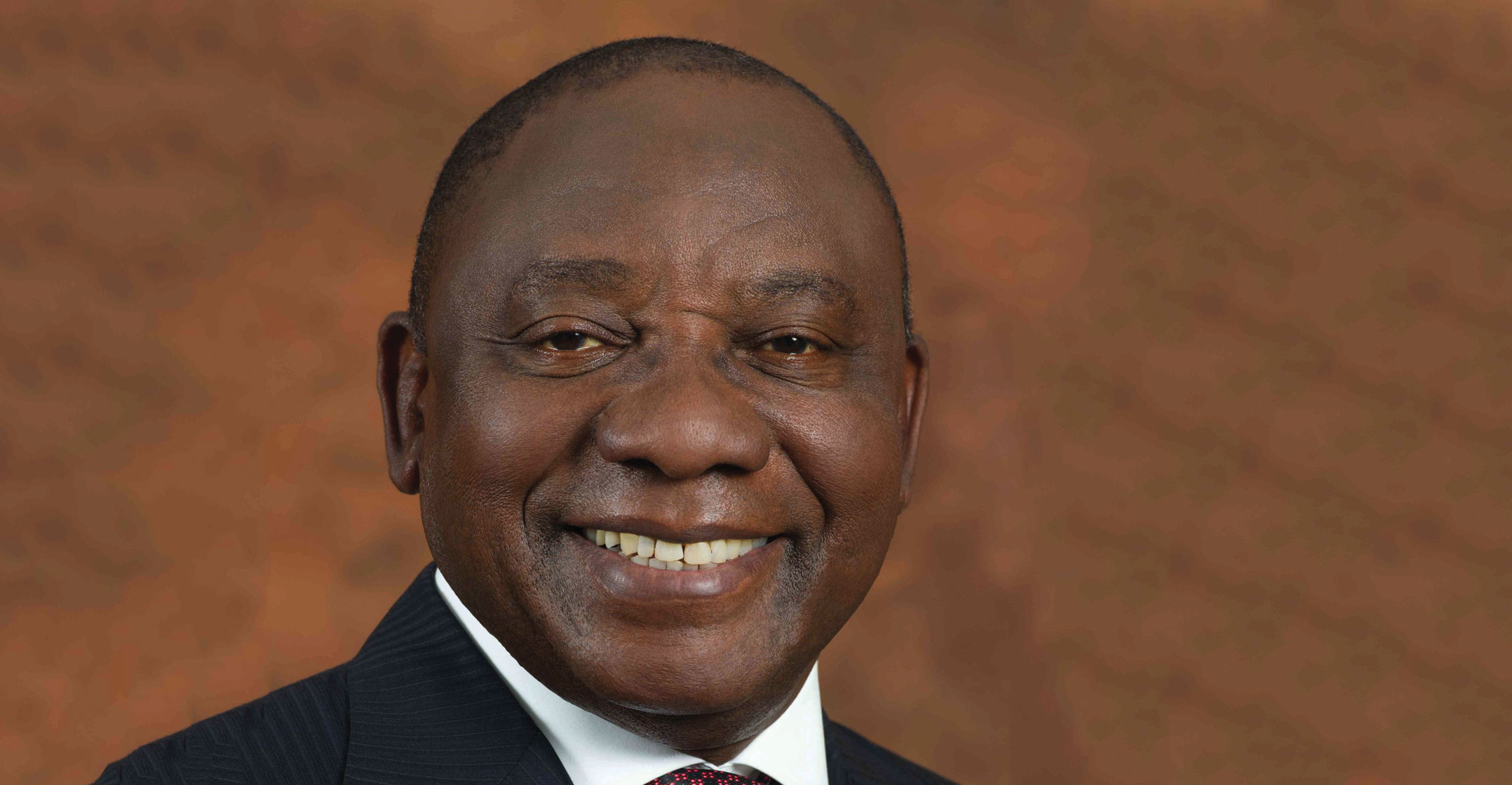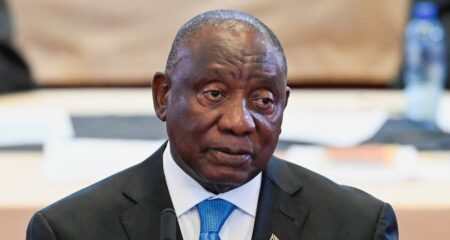
Government will begin easing a lockdown that has devastated the economy from next month, and assess the levels of restrictions that need to remain in place in towns and provinces based on the risks posed by the coronavirus.
“While a nationwide lockdown is probably the most effective way to contain the spread of the virus, it cannot be sustained indefinitely, ” President Cyril Ramaphosa said on Thursday in a televised address to the nation. “Our people need to eat and they need to earn a living.”
Government ministers will provide details on the phased reopening of some businesses and industries subject to strict precautions, with a maximum of one third of workers allowed to return to work. The nation’s borders will remain closed and bans on large gatherings other than funerals will be retained, he said.
The government initially imposed a 21-day lockdown on 27 March to curb the spread of the coronavirus, later extending it by two weeks. Enforced by the police and military, it only allows people to leave their homes to buy food, collect welfare grants and seek medical care — unless they provide essential services.
While South Africa’s 3 953 coronavirus infections and 75 fatalities are low compared to epicentres such as the US, Spain and Italy — which the World Health Organisation attributes to its stringent containment measures — its economy has cratered. The central bank expects it to shrink 6.1% this year, while the IMF anticipates a 5.8% contraction.
Ramaphosa this week announced a R500-billion support package aimed at reigniting growth and supporting those worst affected by the lockdown. It includes R200-billion worth of guarantees for banks to encourage them to lend, a R100-billion allocation to support and create jobs, and increased welfare-grant payments for six months. — Reported by Mike Cohen and Rene Vollgraaff, with assistance from Antony Sguazzin, (c) 2020 Bloomberg LP




